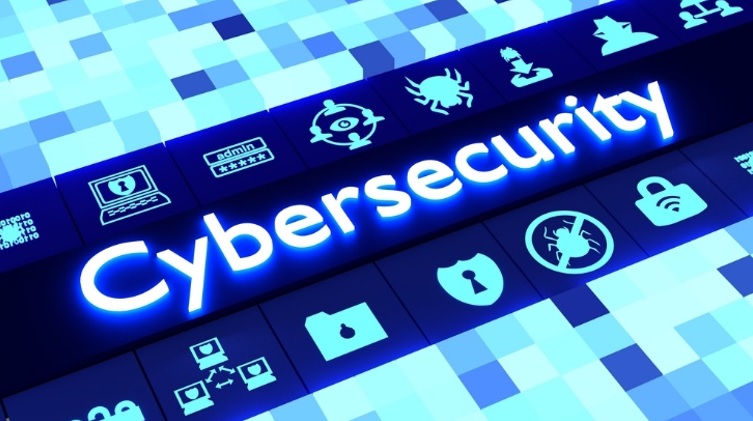
In your neighborhood, there are probably only one or two potential burglars lurking on any given day — but every second, there are hundreds of millions of malware threats floating around the web. While you shouldn’t neglect security like locks and lights, you probably need to shift your focus to digital security, which will ensure you don’t lose valuable data like your bank account login or social security number.
While you might think you are keeping your personal devices reasonably well-protected, the truth is you probably aren’t. Here are a few simple things you can do to make your security even stronger against digital threats.
Create Unique Passwords
If you only use one password, and that password is compromised, you suddenly lose all the data on all your accounts across your devices. A better strategy is to create a unique password for every account — and you don’t even have to remember each password on your own. You can acquire a password management tool, which not only stores the passwords you create but suggests strong passwords for you to use.
Segregate Your Emails
There’s a reason you keep missing important emails: You only have one email address, and you use it for everything. Doing this doesn’t just make your inbox more chaotic; it also increases your cyber risks. Because you are mixing emails from so many different sources, you could accidentally open an email filled with corrupted links or attachments, infecting your computer with malware. It’s much smarter to manage a few different email addresses for a few different purposes, like work, personal and promotional.
Update Your Apps
Sure, it’s annoying to wait a few minutes for your app to update before you can use it, but it’s way more annoying to succumb to a cyberattack because of all the vulnerabilities riddling your software. Over time, code loosens, allowing hackers to create backdoors that give them access to devices and data. This is exactly what happened with the WannaCry ransomware: Hospitals across the U.K. were running an outdated operating system that was exploited by the malware. Instead of ignoring the update reminder, you should click “update now” — or better yet, you should set your apps to auto-update.
Secure Your Network
Any device on any network can see not only any other device but also the data that is flying back and forth on the network. That means by leaving your network unsecured — meaning anyone can connect to it without a passcode — you are laying out a welcome mat for hackers. You can secure your network using your router’s settings, and you should consider adding extra home network security with services like network encryption, intrusion detection and more.
Set up a VPN
Admittedly, this is a slightly more advanced security tactic, but it doesn’t take much effort and can offer outstanding security benefits. VPN stands for virtual private network, which provides a temporary IP address that makes it more difficult to identify you, your network, your devices and your data. Plus, VPNs give you greater access to websites that have access censors — like a certain number of visits per month — and makes it virtually impossible for hackers to target you with malware. You can sign up for a VPN service through a VPN provider.
Use Your Smartphone to Pay
This might sound like bad advice because it runs contrary to your every instinct — but the truth is that your smartphone is way more secure than your credit or debit card, especially if you have a security program installed on your phone. Even if you are using the chip, you are trusting that the cashier and card reading devices you use don’t remember the numbers on your card. When you use some kind of mobile wallet, you generate a one-time code that can’t be used again for any type of payment. Thus, your real finances are kept safe.
Watch What You Click
Malware is everywhere these days. Not only do you need to be wary of email attachments, but you also need to be careful not to click certain images or links — even on legitimate-seeming websites and apps. Whenever you can, you should try to navigate to websites on your own, by entering the URL manually. Then, you should hover over linked text and images before you click, verifying that they lead where you expect them to.
Play With Security Tools
Finally, you shouldn’t be afraid to play around with the security tools you have installed on your devices. You should spend an hour or so clicking through settings to better understand your security options and even reading through any user manuals or help wikis that come with the apps. The more familiar you are with your security, the more comfortable you will be taking full advantage of its services.
Cybersecurity is much easier than many people expect, and the more you participate in cybersecurity practices, the less you’ll experience malware, data losses and other disasters. You can start with these simple steps to stronger cybersecurity; before you know it, you’ll be a cybersecurity star.
Leave a Reply